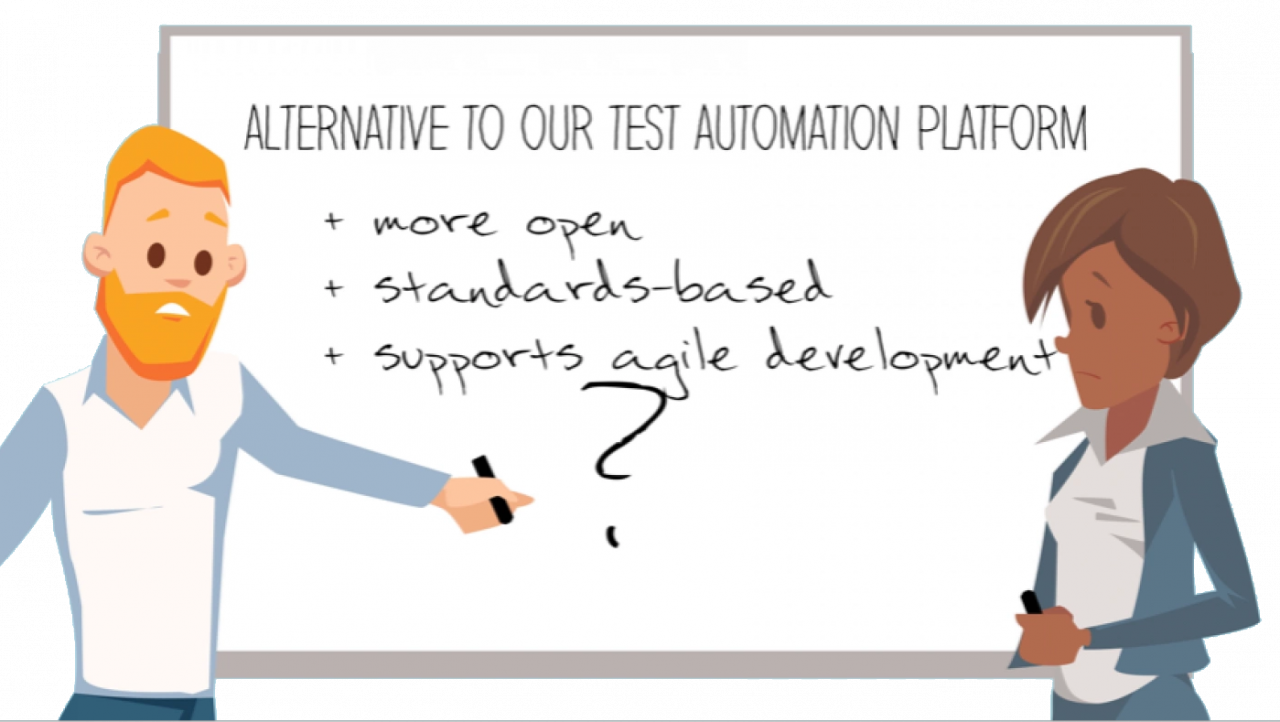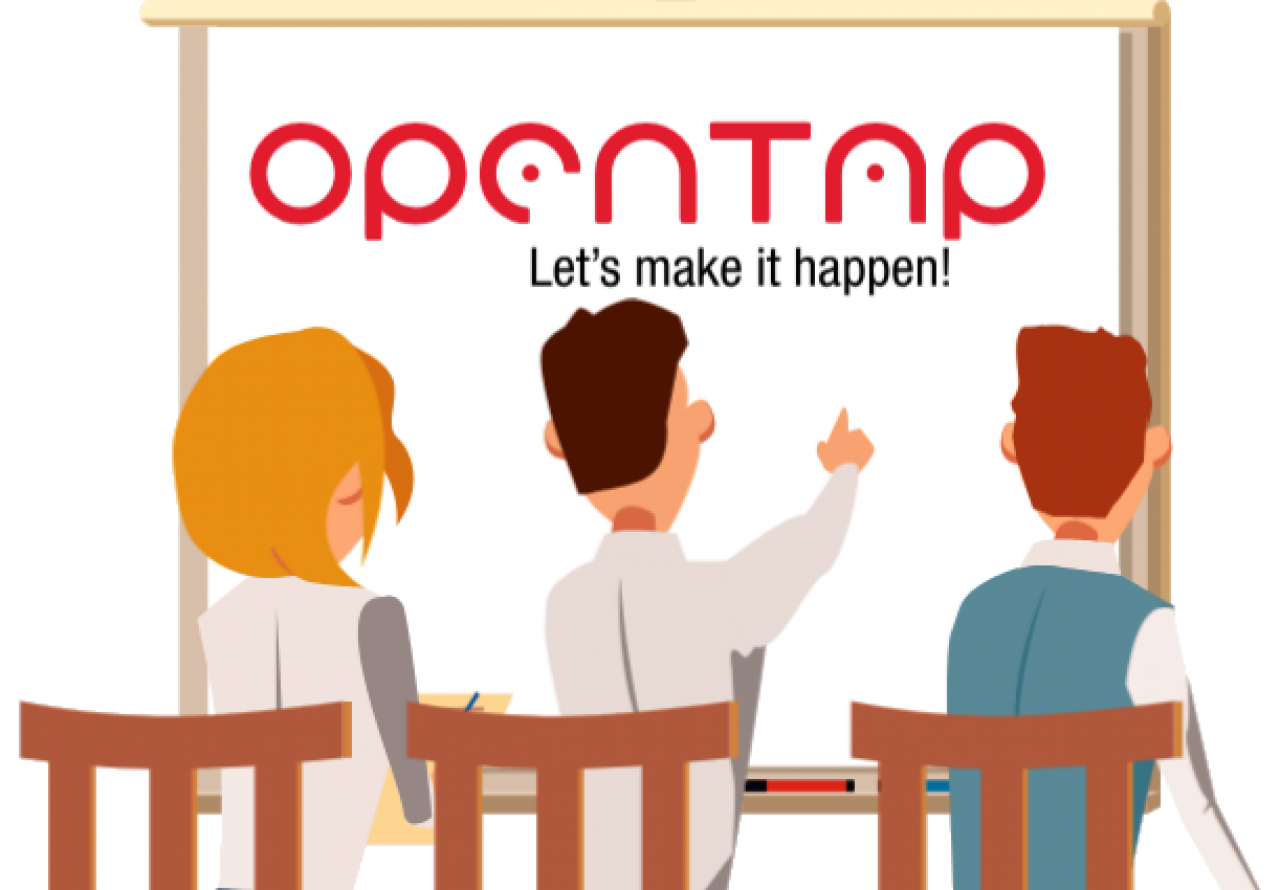A “change angel” is an individual who acts as a catalyst for change within an organization. Change angels help facilitate and manage the process of change by influencing and inspiring others. Here are some key aspects of a change angel’s role:
Advocacy for Change: Change angels promote and support new initiatives, helping to communicate the benefits and necessity of change to their colleagues.
Facilitation: They assist in planning and implementing change strategies, ensuring that the transition is smooth and effective.
Problem Solving: Change angels identify potential obstacles and work to overcome resistance to change, often by engaging with employees and addressing their concerns.
Leading and Influencing: They lead by example, motivating others to embrace change and fostering a positive attitude towards new processes and systems.
Communication: Effective communication is crucial. Change angels keep everyone informed about the progress and impact of changes, ensuring transparency and building trust.
Change angels can be internal employees or external consultants brought in to provide expertise and an objective perspective.
The OpenTAP Change Angel

In our OpenTAP Community narrative, we presented Gabriel as an example of a Change Angel.
Gabriel is a veteran test engineer with an eye for opportunity. Open to new ideas, he will take risks and make investments to pursue new directions.
Gabriel understands and importantly, believes that his own reinvention is tied to the organization's reinvention through Open Source Software (OSS). This relationship makes Gabriel, with his test and measurement automation experience, a "Change Angel" for using an open source, standards-based platform to streamline automation.
He sees great advantage in OSS for interoperability among software and hardware tools across projects and products. He sees OSS as the antidote for his greatest frustration: "reinventing the wheel" for each new product, code base, and testbed.
Gabriel and OpenTAP

For Gabriel, OpenTAP is more than an automation platform. It is a change catalyst for delivering quality products and services. It also knocks down barriers to OSS adoption and collaboration with industry peers.
Gabriel has immersed himself in OpenTAP. He discovered its usefulness for supporting hardware and test plans across multiple groups, and its compatibility with company OSS policy. He views OpenTAP as easy to acquire, prototype, and integrate — in stark contrast to legacy in-house and commercial test-automation platforms. Currently, Gabriel is investigating building and contributing plugins from his integration work to the broader OpenTAP community.
How Can You Become an OpenTAP Change Angel?
Immerse yourself in OpenTAP by learning how it works: view educational videos, peruse the source code repositories, read the docs, view questions from your peers on the OpenTAP Forum.
Evangelize for OpenTAP and open source at your company and beyond. Schedule "lunch and learn" sessions for your peers and present the benefits of the platform and the practice, and of open source software to your management. Blog about your experience and offer articles to your organization's newsletters. Respond to conference calls for papers and presentations and tell your OpenTAP story.
Participate in the OpenTAP project (and/or other open source projects of interest to you). Join the Forum, ask and answer questions from your peers across the community and ecosystem.
Contribute to the OpenTAP project. Submit bug reports and feature requests. Help improve the documentation. Develop and publish OpenTAP plugins to support your company's testing efforts or just because it's cool and fun and educational.
Integrate OpenTAP into your career. Ask your management to include OpenTAP-related tasks and achievements in your list of MBOs or in those you assign to your reports. Include OpenTAP on your LinkedIn profile and on your CV. Highlight OpenTAP on your GitHub profile and make sure your forks are visible.
Benefits
Streamlining and standardizing test automation at your company
Enhancing interoperability with test equipment from Keysight and other vendors, as well as legacy kit
Saving budget and focusing resources by reducing fragmentation of testing software
Exposing your organization to the world of open source or expanding its open source portfolio
Attracting and retaining technical talent by embracing open source software
Opening career opportunities in your organization and beyond

